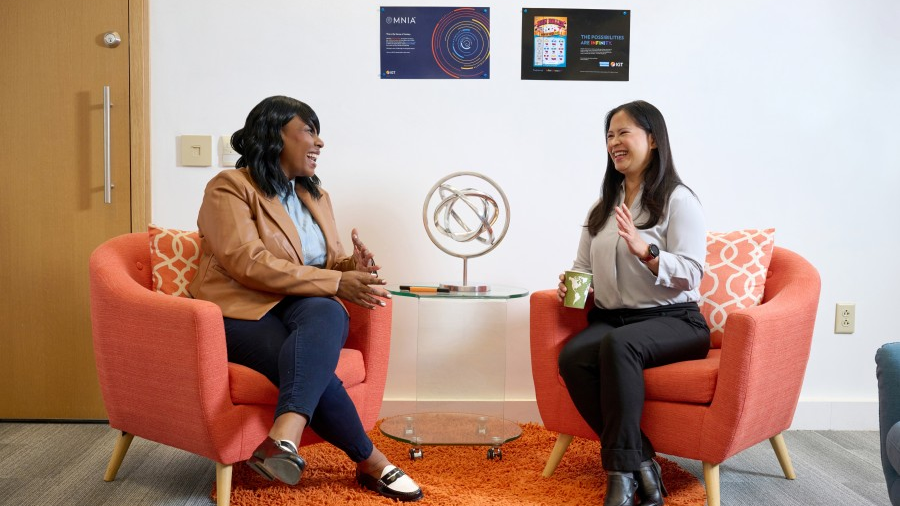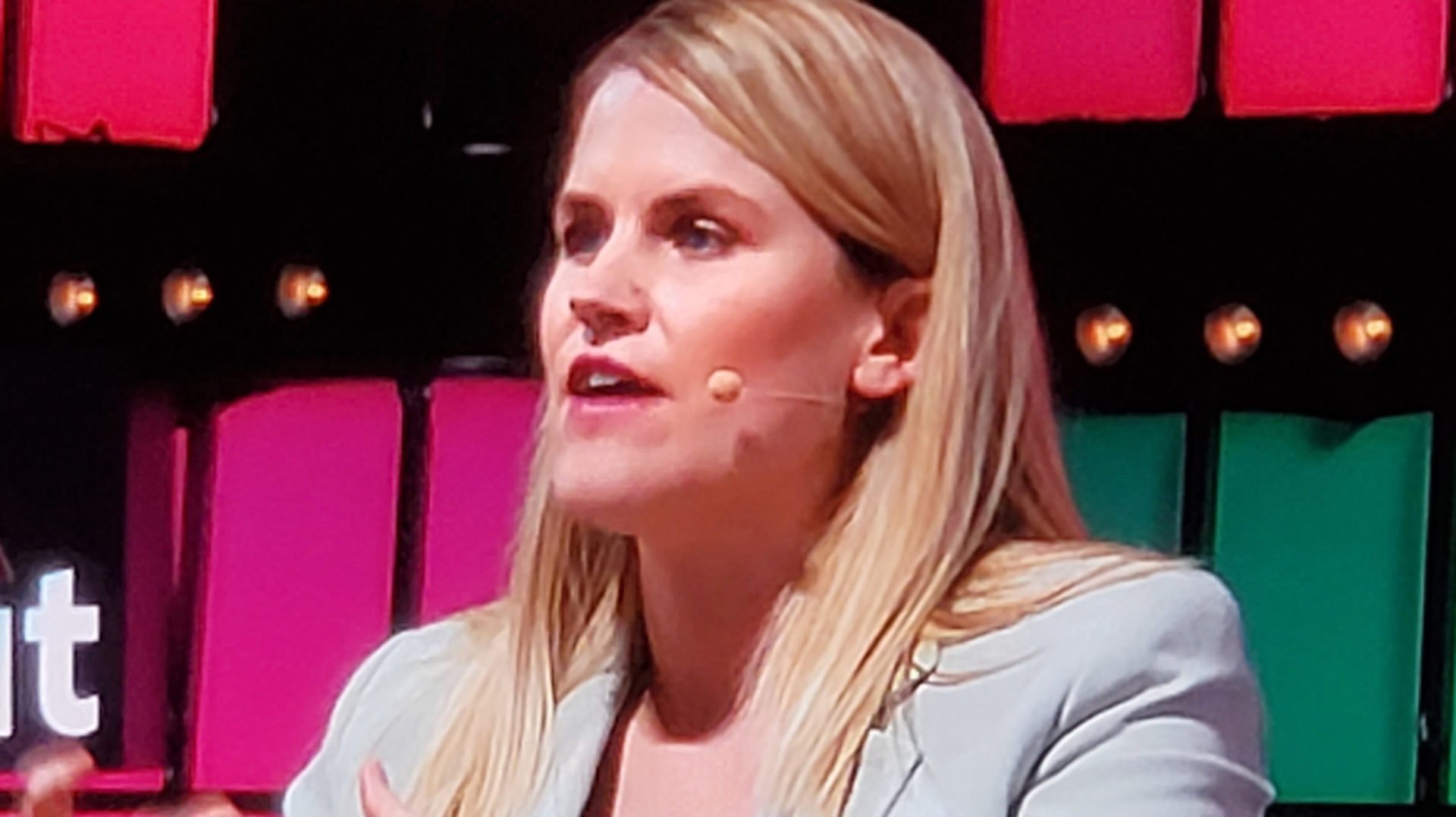In this video from Techonomy 2011 in Tucson, Ariz., Forbes editor Randall Lane talks to Hamadoun Touré, Secretary General of the International Telecommuniation Union, about why it was important for the Union to establish access to broadband Internet as an international human right. Touré addresses whether the use of social media as a tool for political engagement, and resistance, will make it increasingly difficult to enforce such rights.
Lane: Two weeks ago, Hamadoun, this is a big moment, your Broadband Commission, which is kind of one of your cornerstone initiatives right now, you guys came out with a statement that said, “All right, we are going to add a new right, a basic human right.” You have the right to food and nourishment, the right to housing, the right to healthcare, the right to communicate freely. Now, two weeks ago you added the right to broadband.
Touré: This is a great show, thank you for inviting me. The right to communicate is a basic human right. I believe that by putting that right on every national agenda is very important. When I was putting together the Broadband Commission last year, it was from the call by the UN Secretary General, who was asking all of the UN heads to help him moving toward Millennium Development Goals by 2015. As you all know, 2015 is the deadline set for the MDGs to eliminate poverty in the world. And of course some of my colleagues in the UN system, since no one of them was able to predict the financial crisis, everybody started to predict the fact that we will not be able to meet the Millennium Development Goals. I’m from an illiterate country, and to me, I’m heading a UN agency, the ITU. And to me meeting or not meeting the Millennium Development Goals is not the question. What do we do to meet the goals? To me that is the most important questions.
Lane: But how does establishing broadband as a fundamental human right help you with that?
Touré: Because you will not be able to meet the MDGs in health without e-health, in education without e-education. Government services will not be able to be provided with out e-government services. And therefore it is important that broadband is put high on the national agenda. It’s very clear that we need to have government, private sector and consumers all at the same level in a complementary manner. This is why we called on many business leaders to join in the Broadband Commission.
Lane: How has the reaction been at the UN? Is this something you are going to push forward to the general body?
Touré: Last year in September, September 19, we presented the first report of the commission to the UN Secretary General. September 19 was at the eve of MDG Summit in New York, when the general assembly meets to discuss this issue. The report was very well received. I believe that today we have broadband high on the national agenda of every country. We just held two weeks ago in Geneva a Broadband Summit, where we had governments and private sector coming in there to discuss the ways and means to do this.
Lane: Well, the timing is so interesting because you are coming on the heels of Arab Spring. I was in Cairo in July and actually, I mean, you go to Tahrir Square, and they sell Facebook t-shirts. That’s the revolutionary t-shirt in Cairo right now.
Touré: Absolutely.
Lane: So you have something where we’ve had a moment where the idea that to communicate freely can be seen as a right of the individual. But I wonder if also, in bringing this forward, a lot of what your commission does is say, “All right, well this establishes that once you have this, it makes it very hard to take it away.” But aren’t we at a moment now where, seeing what happened in Tunisia and seeing what happened in Egypt, that you are going to have a lot of governments that you are dealing with that don’t want to give it because of what they saw.
Touré: Well, the Arab Spring has shown the real fact that communication is a very powerful tool in the hands of people. And when governments take it out of their hands it becomes a bomb in the hands of those governments, ready to explode. And every nation, when they are given the means to communicate, they will be able to take care of themselves.
Lane: So how do you then prevent—I mean but there is a signal probably to a lot of the countries you are dealing with that maybe they shouldn’t give that right because of that very reason, because it’s dangerous to then take it away. So how do you deal with that?
Touré: It’s too late. Fortunately, we have over six billion people now owning a mobile phone in the world. The world has reached seven billion mark on 31st of October this year. The last billion people need to be connected. And we are getting there. Our strategy is to make sure that everyone exercises this basic human right.
ITU President Hamadoun Touré on Internet Access as a Human Right
In this video from Techonomy 2011 in Tucson, Ariz., Forbes editor Randall Lane talks to Hamadoun Touré, Secretary General of the International Telecommuniation Union, about why it was important for the Union to establish access to broadband Internet as an international human right. Touré addresses whether the use of social media as a tool for political engagement, and resistance, will make it increasingly difficult to enforce such rights.













